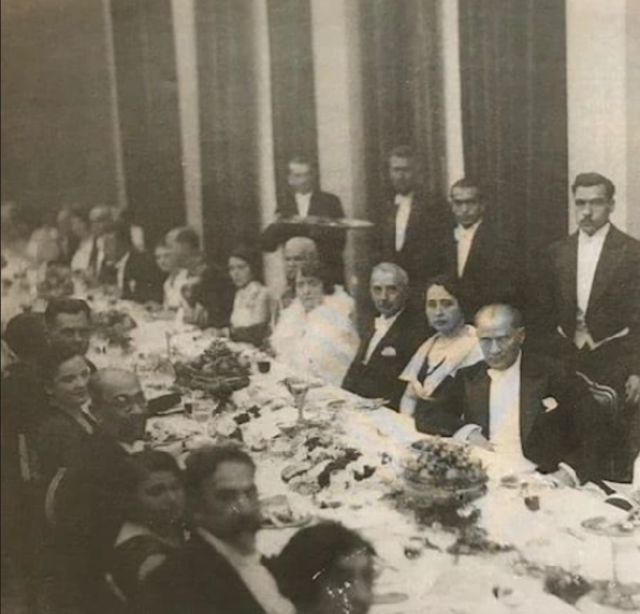 He held significant political offices including Prime Minister, Minister of Justice, and Minister of Foreign Affairs. His opposition to the oppressive 1919 Agreement and Britain’s interference exemplified his patriotism. However, his controversial support for authoritarian rule also illustrated the difficult paradoxes of that era. After being sidelined Foroughi focused on scholarly pursuits and literary works. Yet when disorder threatened during WWII, he re-emerged to help restore the hoping to maintain stability and sovereignty. While debated by historians, this fateful decision came from a reasoned position given the bleak circumstances.
He held significant political offices including Prime Minister, Minister of Justice, and Minister of Foreign Affairs. His opposition to the oppressive 1919 Agreement and Britain’s interference exemplified his patriotism. However, his controversial support for authoritarian rule also illustrated the difficult paradoxes of that era. After being sidelined Foroughi focused on scholarly pursuits and literary works. Yet when disorder threatened during WWII, he re-emerged to help restore the hoping to maintain stability and sovereignty. While debated by historians, this fateful decision came from a reasoned position given the bleak circumstances.
The collected essays of Mohammad Ali Foroughi not only present a portrait of the multifaceted and complex character of one of the most influential cultural, academic, and political figures of modern Iran, but also depict the cultural issues and political and social conditions of the country during the turbulent years of Foroughi’s cultural and political life—from the first Constitutional Assembly to the early years of the reign of the second Pahlavi. Mohammad Ali Foroughi was among the most brilliant figures of a generation of Iranian scholars, historians, men of letters, and researchers who emerged from the Constitutional Revolution. During the tumultuous years of that revolution, World War I, and throughout the two-decade reign of the first Pahlavi monarch, they published their works and were so rich and creative in their fields that, apart from perhaps one or two exceptions, no one in later generations managed to take their place.

